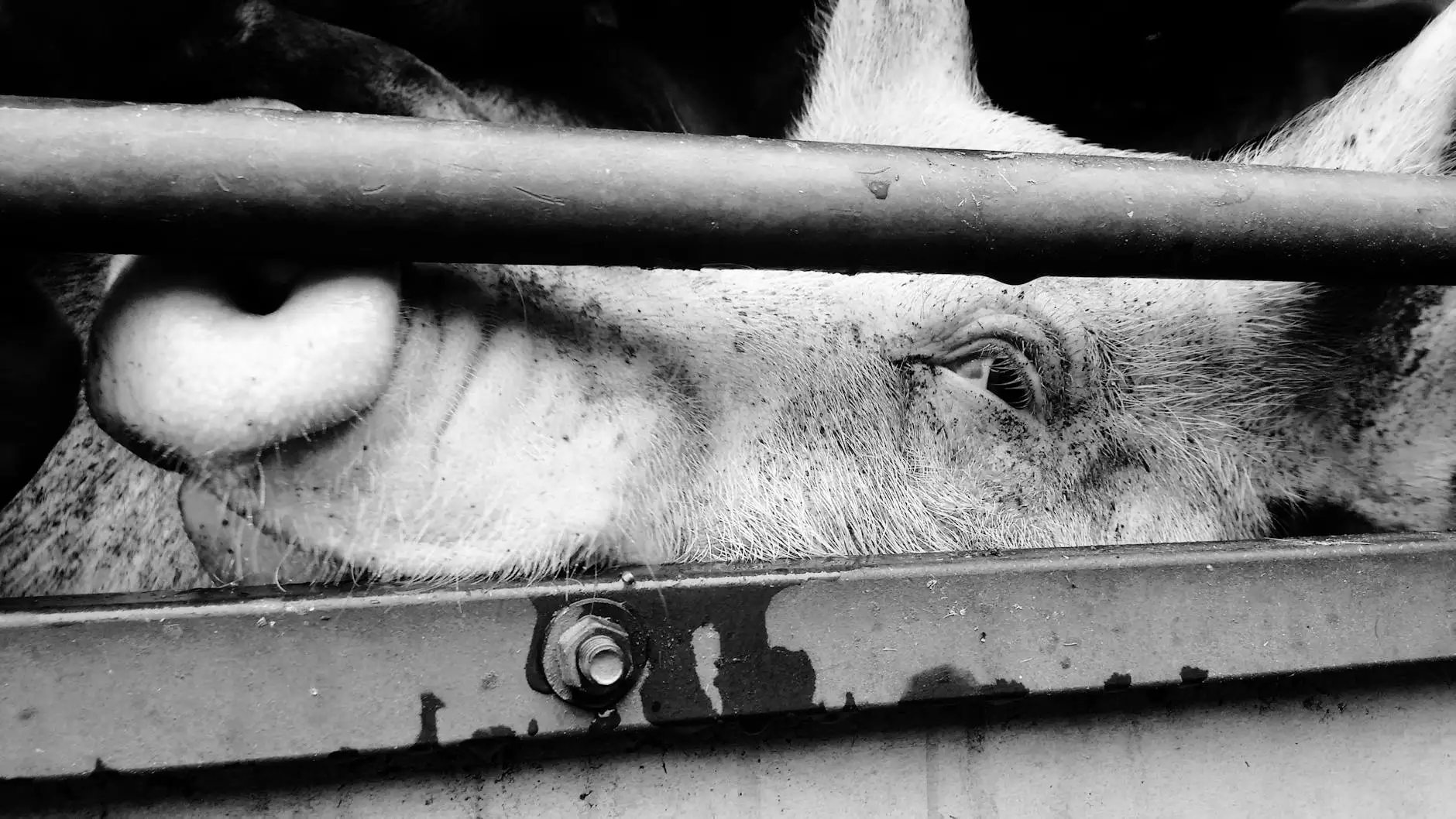Argentina Beef Export: Quality Meets Tradition

Argentina beef export is more than just a commodity; it represents a rich heritage and a commitment to quality that has been honed over centuries. This article delves deep into the nuances of Argentina's beef export industry, highlighting the superior qualities of Argentine beef, the export process, the markets it serves, and the opportunities it presents for businesses worldwide, such as Frimsa-ar.
The Rich Heritage of Argentine Beef
Argentina is renowned for its beef, often regarded as some of the best in the world. The cattle raise on the lush, expansive grasslands known as the Pampas, where the combination of climate and terrain provides optimal conditions for raising cattle. The breed predominantly raised in Argentina is the Angus, alongside Hereford and Charolais, known for their exceptional marbling and flavor. The dedication to traditional farming methods ensures that the beef is not only delicious but also sustainable.
The Process of Argentina Beef Export
Exporting beef from Argentina involves a meticulously regulated process to guarantee quality and safety. The following stages are critical:
- Farming and Rearing: The cattle are grass-fed and raised in open fields, ensuring natural growth without the use of harmful additives.
- Slaughtering and Processing: Facilities are equipped with state-of-the-art technology and adhere to strict hygiene regulations, which ensures the meat retains its quality.
- Inspection: Government and independent agencies conduct rigorous inspections to uphold international standards.
- Packaging: The beef is packaged in environmentally friendly packaging that preserves freshness and quality.
- Logistics: Efficient logistics systems are in place to facilitate the timely export of beef to markets worldwide.
Key Qualities of Argentine Beef
The leading position of Argentina in the beef export industry is attributed to several key qualities:
- Flavor: Argentine beef is known for its rich flavor, primarily due to the diet of pasture-fed cattle.
- Tenderness: The cattle are raised in stress-free environments, resulting in a tender, high-quality product.
- Marbling: The intramuscular fat present in Argentinian beef contributes to its juiciness and flavor.
- Sustainability: Many Argentine farms employ sustainable farming practices that promote animal welfare and environmental responsibility.
Major Markets for Argentina Beef Export
Argentina serves a diverse array of markets worldwide, with the following countries being significant importers of Argentine beef:
- United States: A major market for high-quality Argentine beef, particularly cuts like ribeye and tenderloin.
- China: Rapidly increasing demand for beef has positioned China as one of the largest importers of Argentine beef.
- European Union: The EU imports Argentine beef, keen on maintaining high standards and quality assurance.
- Brazil: As a neighboring country, Brazil imports a significant amount of Argentine beef to meet its domestic demand.
Export Regulations and Quality Assurance
Argentina’s beef export is governed by strict regulations to ensure that the highest standards are met. The National Service of Agri-Food Health and Quality (SENASA) plays a pivotal role in overseeing the export process. Here are some key regulatory aspects:
- Health Inspections: Regular health inspections ensure that the cattle are free from diseases.
- Traceability: The origins of the beef are traced to guarantee it meets international safety standards.
- Hygiene Control: Facilities must comply with hygiene regulations to prevent contamination.
Opportunities for Meat Shops and Imported Food Businesses
For businesses like Frimsa-ar, which specialize in imported food and meat shops, the Argentina beef export offers substantial opportunities:
1. High Demand for Quality Products
The growing consumer preference for premium meats presents a lucrative opportunity for importing Argentine beef, renowned for its quality and flavor.
2. Diverse Product Range
With a variety of cuts available, businesses can cater to different customer preferences, from high-end steaks to ground beef.
3. Building Strategic Partnerships
Forming partnerships with Argentine suppliers can lead to better pricing, exclusive access to premium products, and enhanced brand reputation.
Marketing Argentine Beef Successfully
To effectively market Argentine beef, businesses should consider the following strategies:
- Highlight Quality and Origin: Educate consumers about the unique qualities and the rich heritage of Argentine beef.
- Use Social Media: Engage with customers through strong social media presence, showcasing recipes and cooking tips that highlight the flavors of Argentine beef.
- Offer Promotions: Use seasonal promotions and discounts to attract new customers and encourage trial.
Challenges in the Argentina Beef Export Market
While the opportunities are plentiful, challenges exist in the Argentine beef export market:
- Global Competition: With many countries exporting beef, standing out requires continuous quality improvement and marketing efforts.
- Trade Barriers: Tariffs and trade agreements can impact the accessibility of the market.
- Economic Fluctuations: The economic climate in Argentina may affect production costs and output.
The Future of Argentina Beef Export
The future of Argentina beef export seems promising, with increasing international demand for high-quality protein sources. Here are some trends that may shape the future:
- Sustainable Practices: There’s a growing trend towards sustainability, and Argentine producers are likely to adopt more eco-friendly practices to appeal to conscious consumers.
- Innovative Technologies: Advances in farming technologies could enhance efficiency and productivity.
- Consumer Preferences: An expanding global palette for varied meat products can open new avenues for Argentine beef, especially in gourmet and high-end markets.
Conclusion
In summary, the Argentina beef export industry stands as a testament to quality, tradition, and innovation. With its splendidly rich history, superb product quality, and a growing demand in international markets, Argentine beef presents robust opportunities for businesses, particularly those focusing on imported food and meat shops. With strategic marketing, sustainable practices, and a focus on quality, companies can thrive in this competitive market.
For more information about importing top-quality Argentine beef, visit Frimsa-ar to explore competitive options and partnership opportunities.









